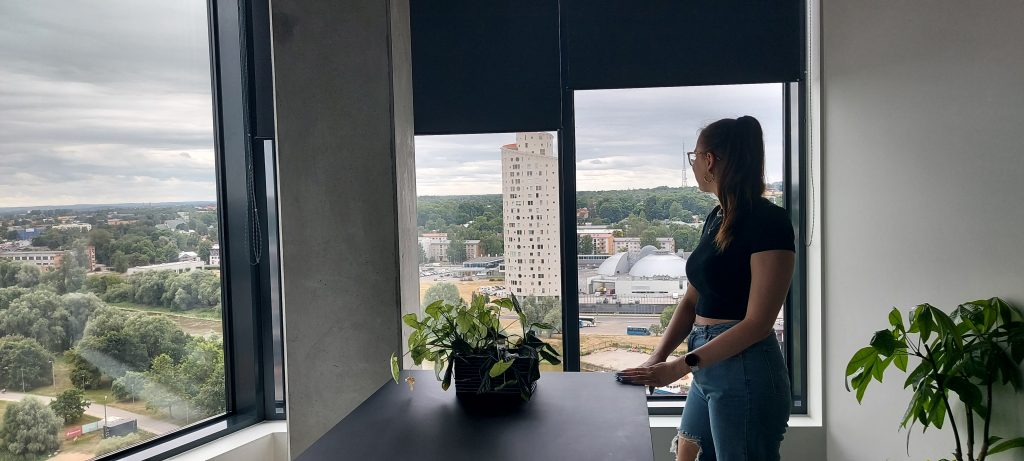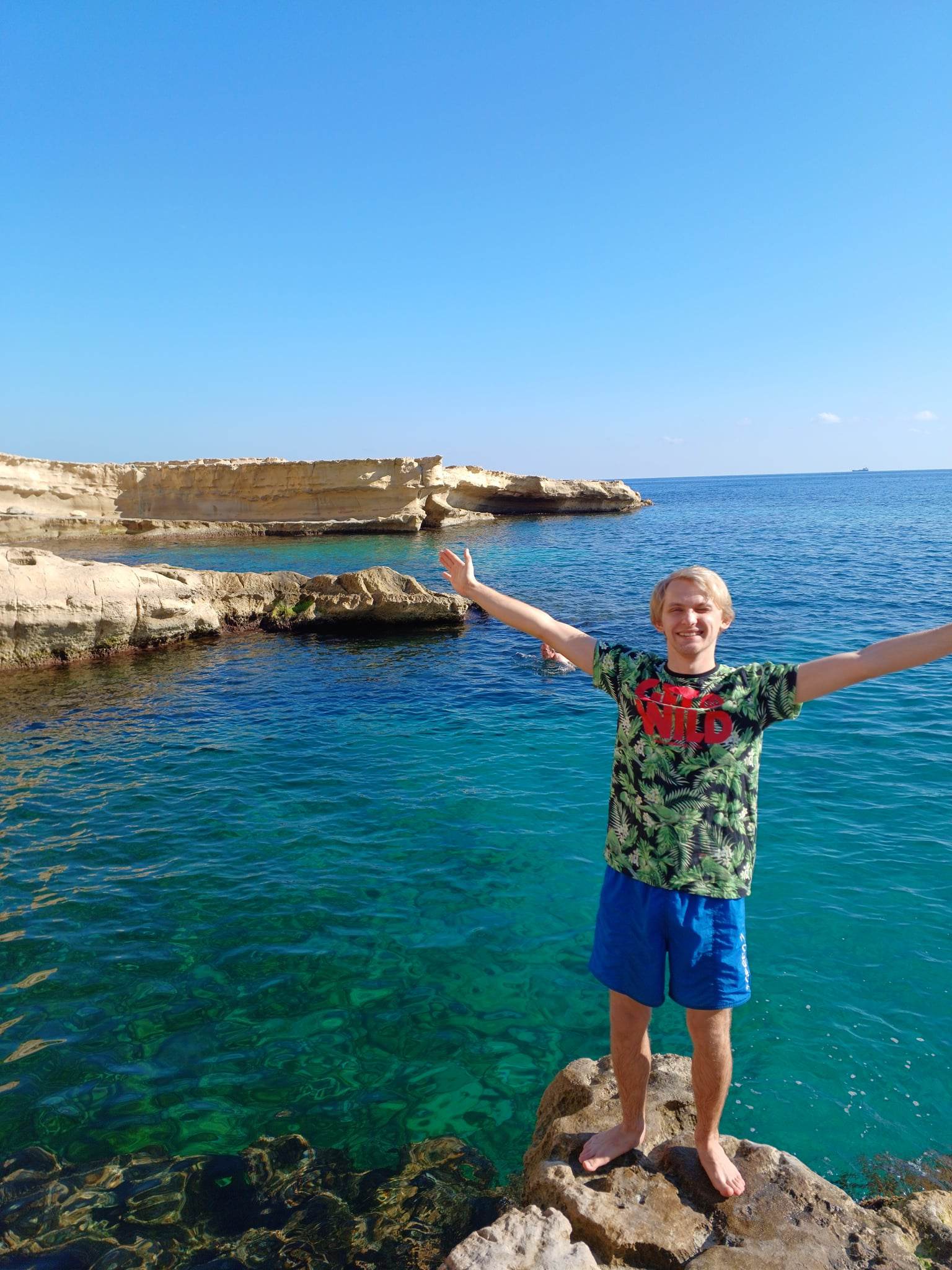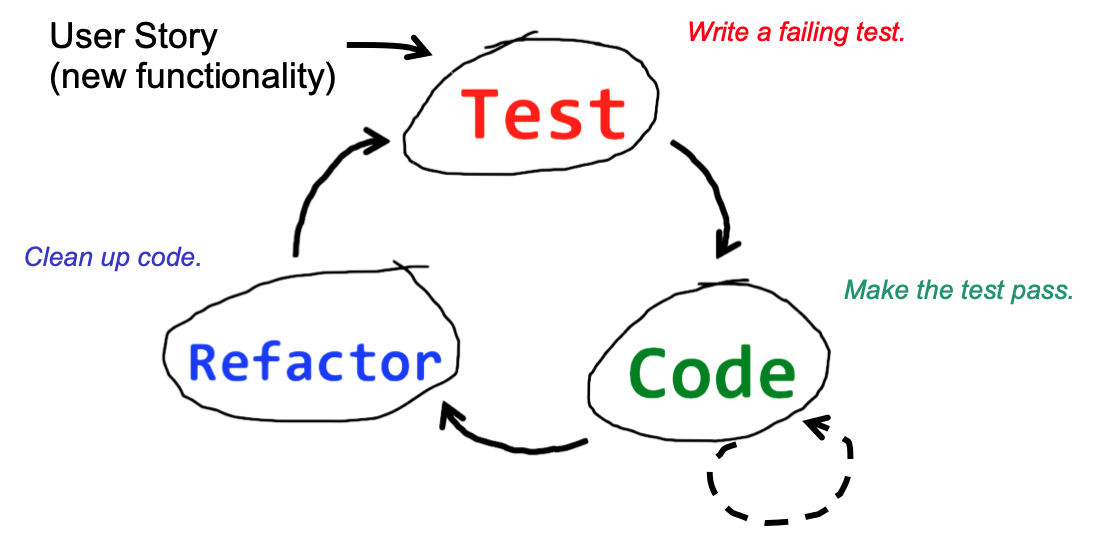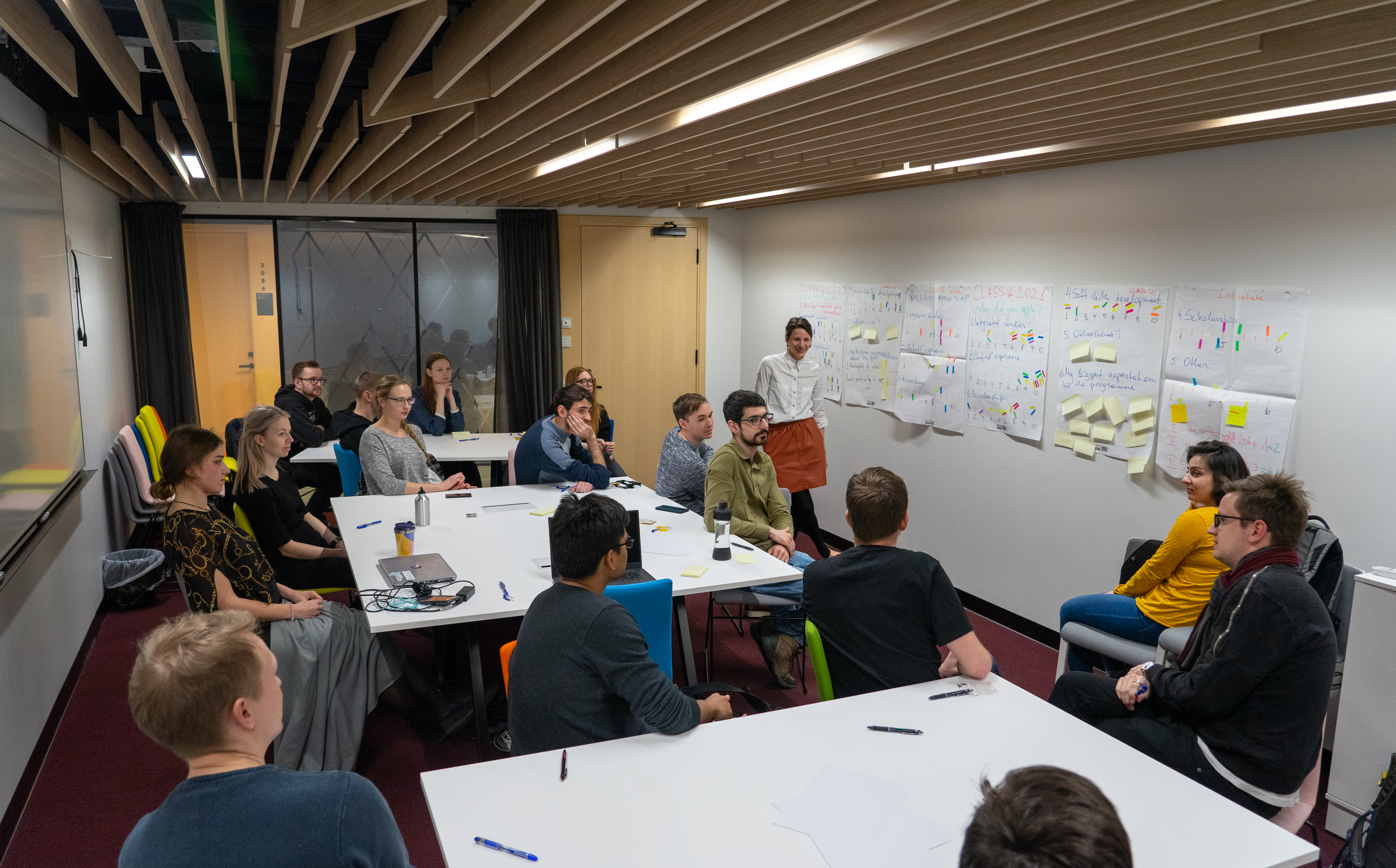In short:
- IMP now lasts two semesters (i.e., one year)
- Four students currently doing their internship at Pipedrive, one at Eesti Energia, one at Reach-U
- IMP internship pilot for manufacturing companies still on-going in cooperation with Columbus Estonia and Barrus
- Getting hands-on experience at companies is still the main motivator for enrolled students
- Submission of internship positions for the next year begins in winter
You have no idea what the Industrial Master’s Programme in IT is? Read here.
IMP is in a transitional phase
The Industrial Master’s Programme in IT (IMP) has been revised to now last two semesters, as opposed to the three semesters for the previous iterations. As a result, new students partaking in the IMP will be spending the second year (i.e., third and fourth semesters) of their Master’s studies at partnering companies and organizations. There they will participate in an extensive internship, which includes writing their Master’s thesis in cooperation with the company/organization.
This marks another milestone in the transitional phase that the program has been undergoing. As a result, the class of 2022 – that is currently studying – comprises two groups of students: those on the three-semester format that began their studies in February and the newest students on the two-semester format that began in June.
But why do we go so far as to call this a transitional period? Well, changing the format from three semesters to two semesters is not the only novelty for the IMP. As we have pointed out previously, one of the students participating in the on-going three-semester program is actually part of the pilot project that aims to expand the IMP to manufacturing companies. The aim is to duplicate the success we’ve had with companies in the technology sector so as to facilitate the digital transformation that the manufacturing sector so desperately needs.
Which companies have joined?
All-in-all, there are seven on-going internships. Pipedrive now holds the record for most internship positions as they concurrently took on four(!) students for internship, who will be working on different software engineering problems. Eesti Energia (i.e., Enefit) found themselves an intern that will be specializing in developing machine learning solutions. Reach-U and their intern are working on data analysis solutions that would support their location analytics.
And of course, there is the manufacturing pilot which is run by the cooperation of two companies – Columbus Estonia (digitalization and business consultancy) and Barrus (manufacturer of woodwork). The student is working on a predictive machine learning model that would help determine optimal prices for the products that Barrus makes.

A list featuring all on-going and previous internship positions can be found here.
What motivates students to join?
The biggest expectation for the students has by far been the opportunity to gain hands-on experience. The students have outlined two or three aspects to this, as they have expressed their wishes to:
- learn and develop sound technical understanding, gain experience and confidence;
- learn how a (an IT) company works and what different career opportunities actually exist;
- transit from student life to the IT-world and take first steps in career development.

In addition to this, students have expressed their wishes to make an impact by finding a topic for their Master’s thesis that would be economically important and/or work on products and solutions that are necessary for the general public.
What next?
As of right now, the first priority is to support the students (and companies!) with their internships and make sure they will be able to pinpoint optimal topics for Master’s theses, come autumn. In parallel, the development of the IMP kicks off. The experiences, feedback and lessons gathered so far will be used to optimize the two crucial processes that determine the success of IMP for participating organizations and students. These processes entail, firstly, the submission and establishment of internship positions by the companies; and secondly, the admission of students and the accompanying match-making between the applied students and organizations.
Companies and organizations interested in the IMP can expect more news during autumn and winter. To make sure you won’t miss any opportunities regarding the IMP or other forms of collaboration with the Institute of Computer Science, subscribe to the industry collaboration newsletter!


